The CJEU also found that the tribunal is not a valid court as it contains unlawfully appointed judges.
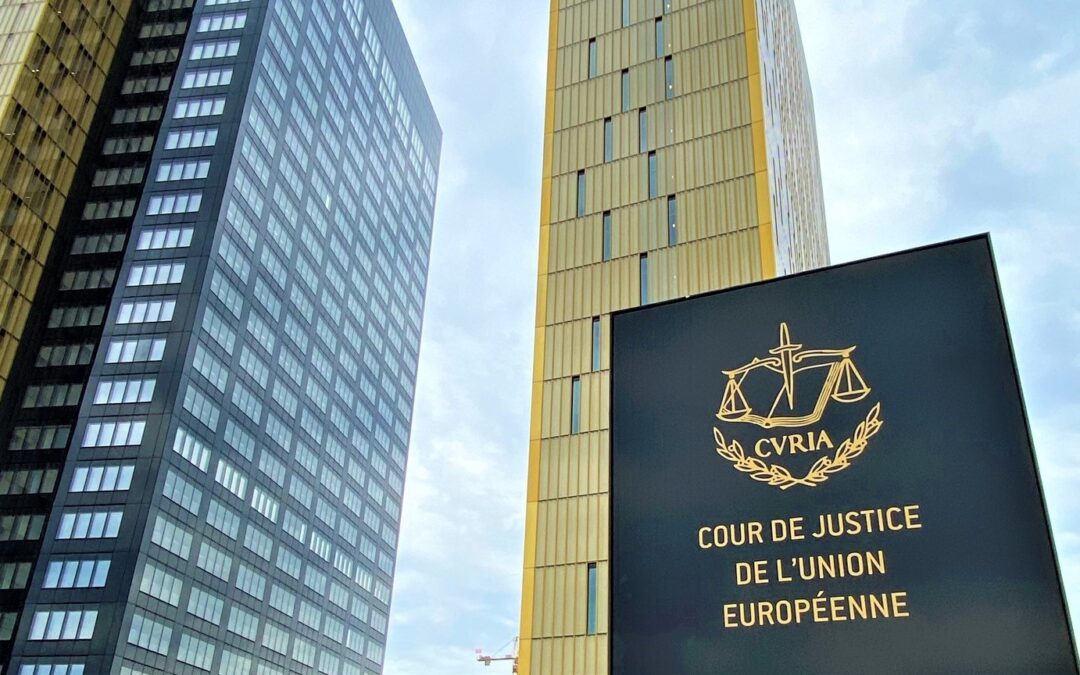

The CJEU also found that the tribunal is not a valid court as it contains unlawfully appointed judges.
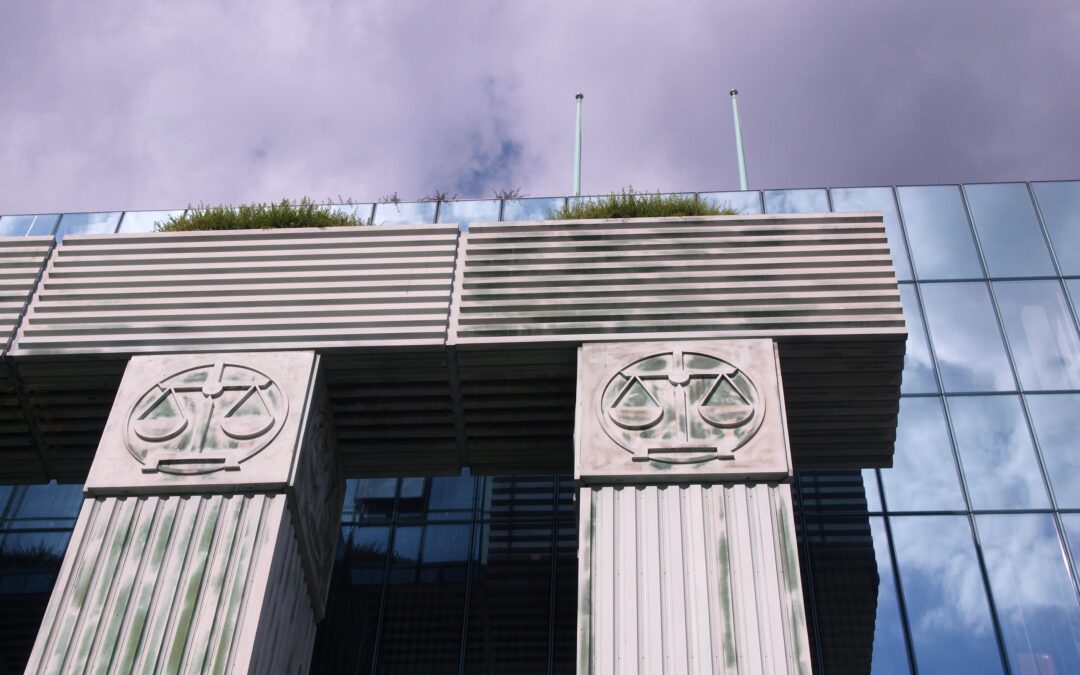
The resolution, adopted by two Supreme Court chambers, deepens Poland’s rule-of-law crisis.
We are an independent, nonprofit media outlet, funded through the support of our readers.
If you appreciate the work we do, please consider helping us to continue and expand it.
![Poland’s Tusk government is not so different from its PiS predecessor [Opinion]](https://notesfrompoland.com/wp-content/uploads/2024/10/53393979442_a57350ace2_k-1080x675.jpg)
Krzysztof Mularczyk
In many areas – such as social, economic, defence and migration policy – it differs very little in style and substance.
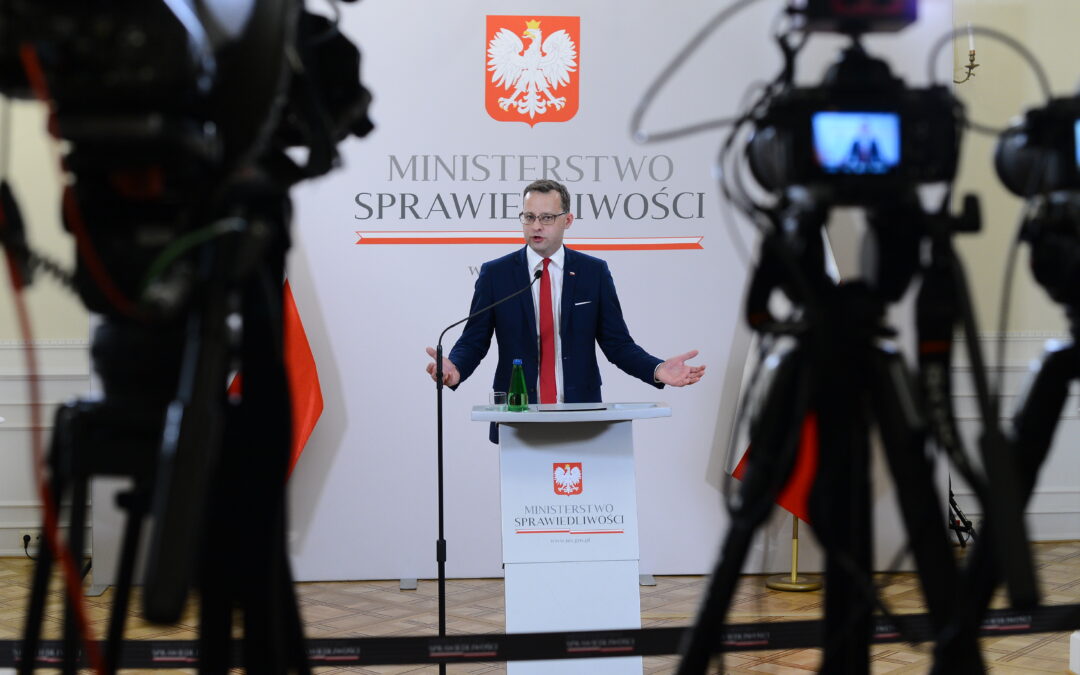
The decision has exposed the government’s “thuggish methods”, says the politician.

The judgment was rejected as non-binding by the justice minister on the basis that it was issued by illegitimately appointed judges.
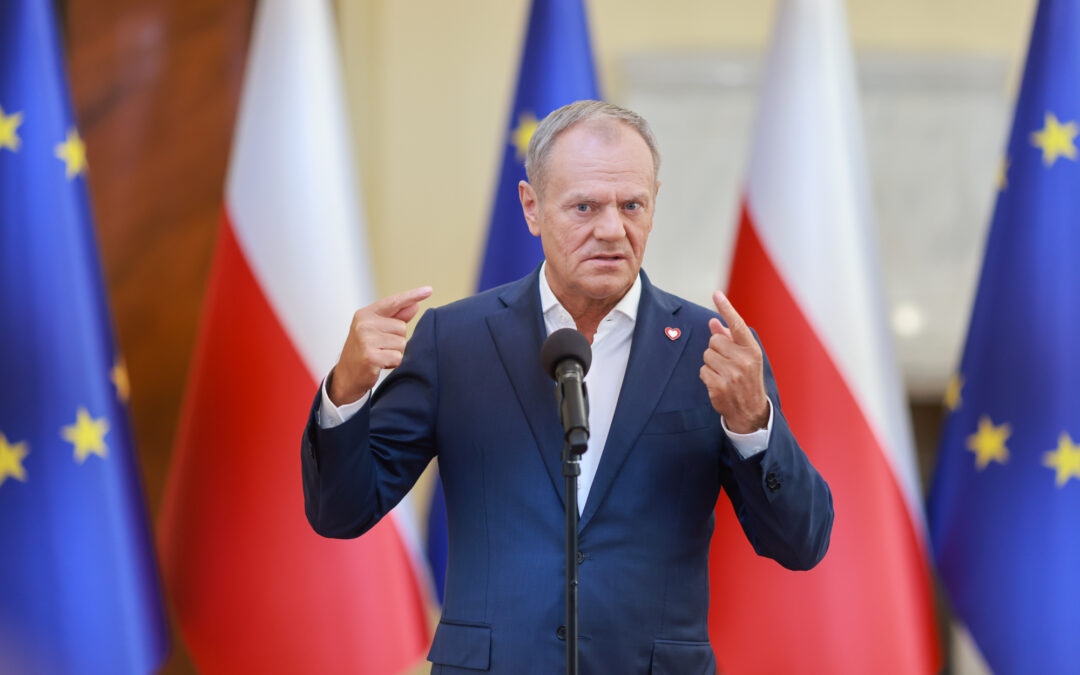
But the prime minister said this is because of the legal chaos left behind by the former PiS government.
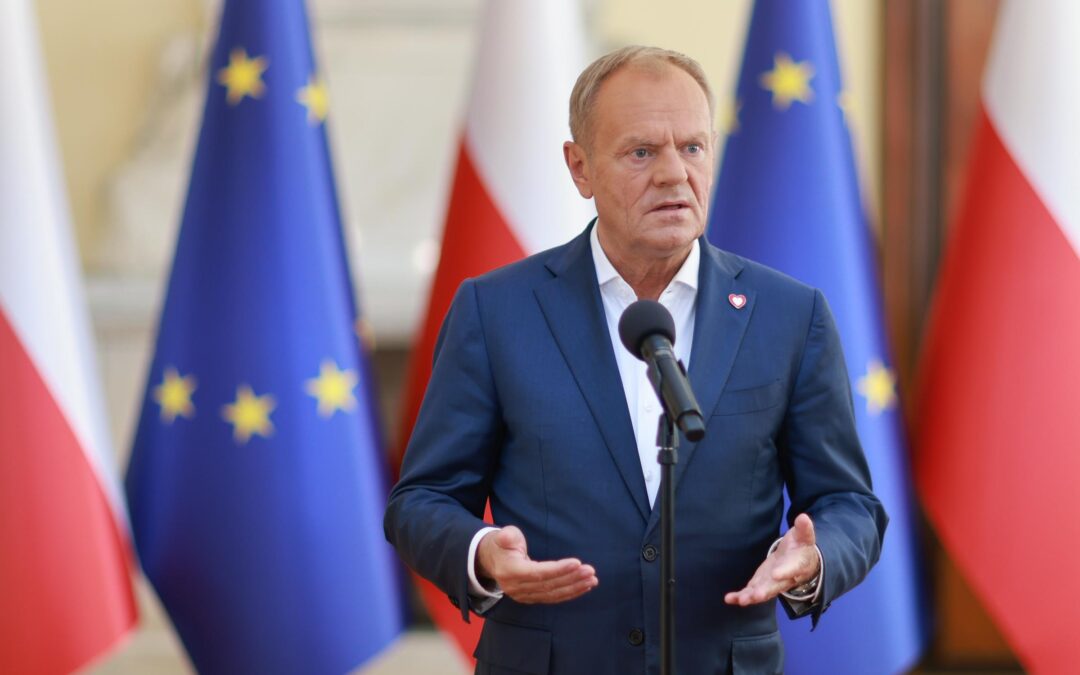
Donald Tusk’s decision has been rejected by the opposition and legal experts.

PiS calls on Poles to “help fight for the Poland of our dreams” by “reporting abuses of power”.
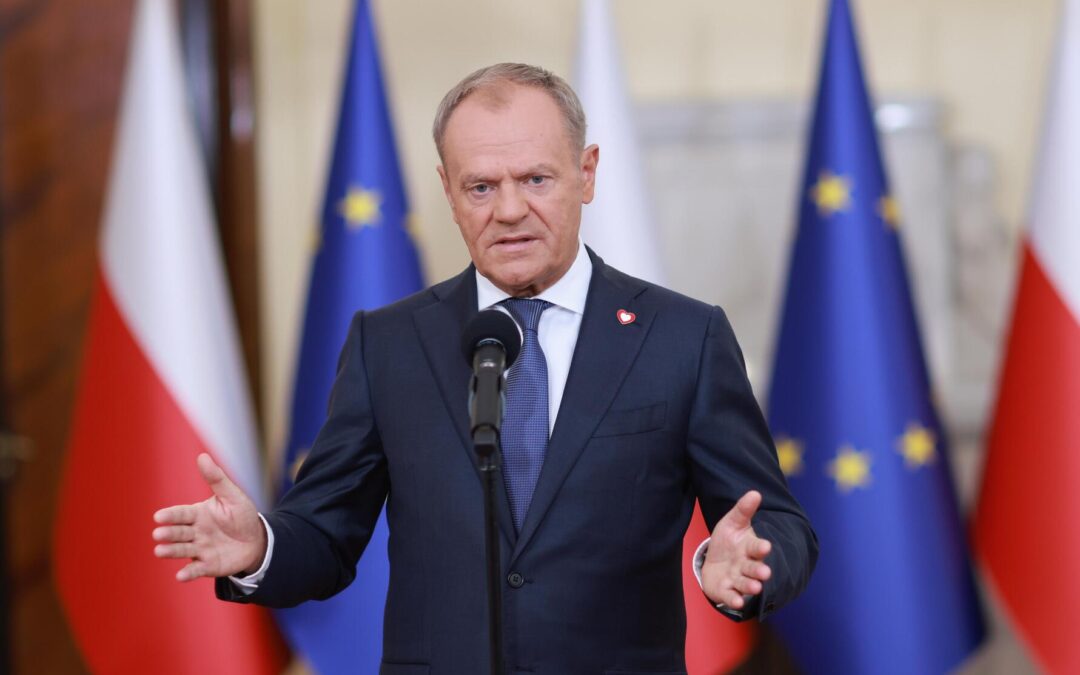
Tusk called on liberal democrats to “take up the fight in defence of our values and principles and also in defence of our borders and territory”.

“This is an unprecedented attack on judicial independence,” says an opposition MP.
![International scrutiny of Poland must continue under the Tusk government [Opinion]](https://notesfrompoland.com/wp-content/uploads/2024/06/53736746078_abc6f32cc2_o-1080x675.jpg)
Daniel Tilles
It must be held to the same standards as the former PiS administration.
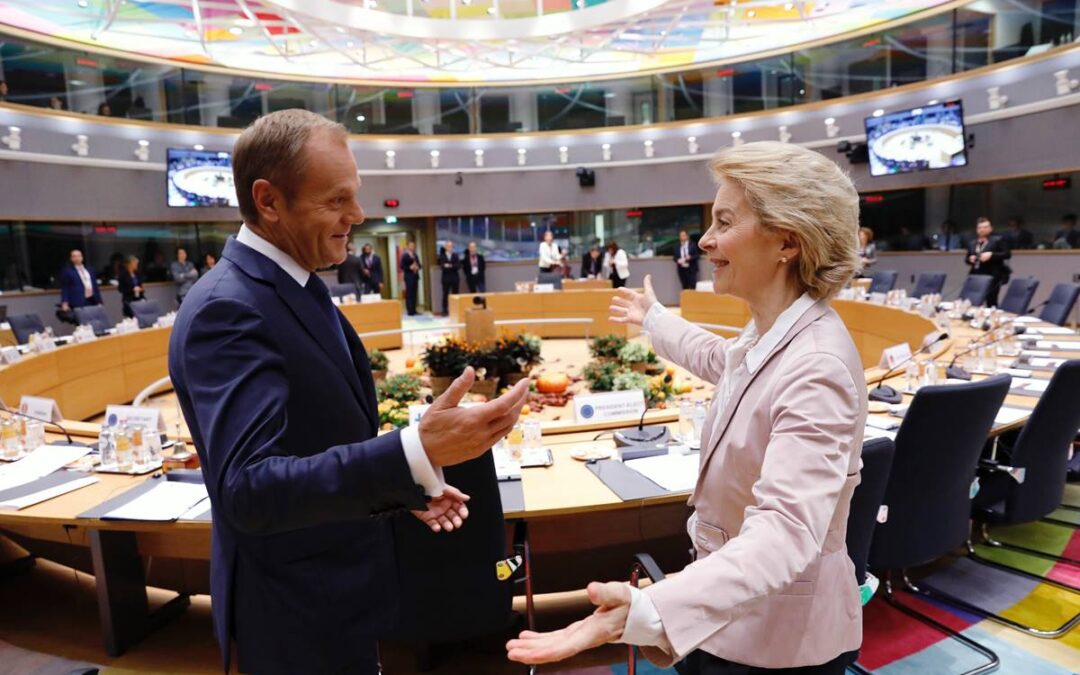
The European Commission “considers that there is no longer a clear risk of a serious breach of the rule of law in Poland”.
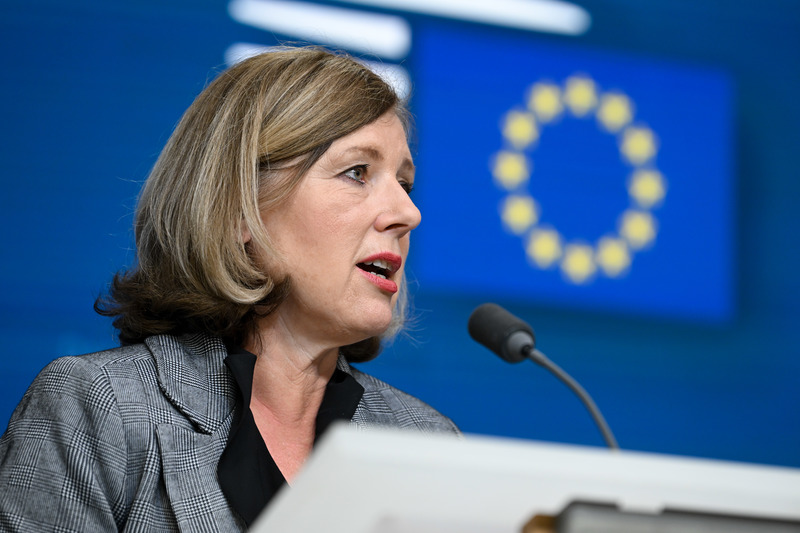
The decision is evidence of how Brussels uses rule-of-law issues as a “tool of political blackmail”, says Hungary.
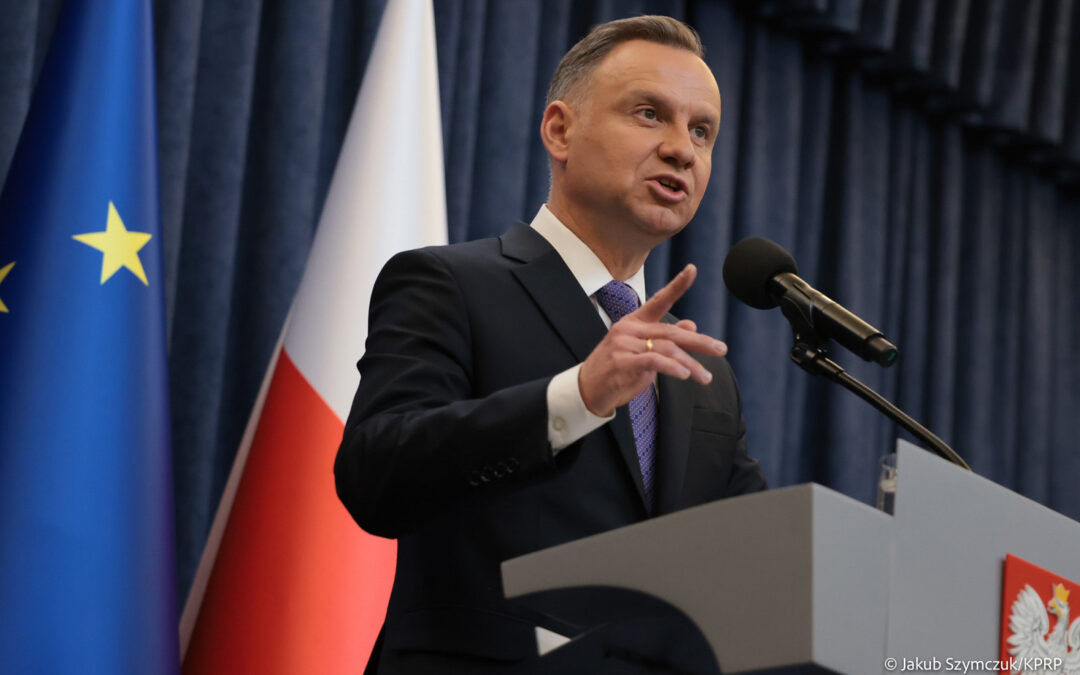
He wants Andrzej Duda to apologise for “unlawful interference with his right, as a citizen of Poland, to live in a democratic state governed by the rule of law”.